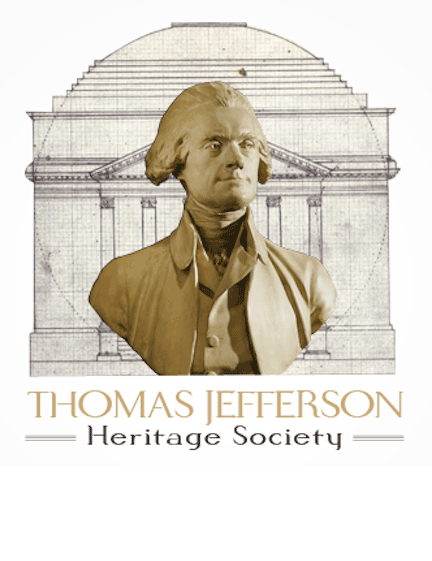“Those Who Labor for My Happiness”: Slavery at Thomas Jefferson’s Monticello
The title is in quotation marks, as if Jefferson actually wrote such a thing, but in fact he did not. The title completely changes the meaning of what Jefferson actually wrote to the very opposite of what Jefferson meant. In a personal letter, Jefferson wrote the following sentence: “I have my house to build, my fields to farm, and to watch for the happiness of those who labor for mine" (Jefferson letter dated November 27, 1793 to Angelica Church).
“I have … to watch for the happiness of those who labor for mine” is a thoughtful and important statement whose meaning is clear. But this phrase has been cut and twisted to what Stanton uses as her title: “Those Who Labor for My Happiness.” Now enclosed by Stanton in quotation marks— the heart, the central thought that Jefferson sought to convey is removed and an entirely different meaning is substituted by Stanton.
Is this fair scholarship? To Jefferson, to the public, and perhaps in a unique way to the descendants of those who did labor to whom Jefferson’s words might be very welcomed and hold a special meaning?
Stanton’s manipulation of Jefferson’s phrase proved valuable to Annette Gordon-Reed and Peter Onuf in their Introduction, as they deviate from the focus on the lives of the slaves and instead use these words to highlight their idea of Jefferson as a “master” and “an alien and alienating figure.”
Imagine what a different first impression this book might have made on thousands of minds today and down through the years had Stanton chosen to correctly use Jefferson’s phrase, and entitled her book, “To watch for the happiness of those who labor for mine."
